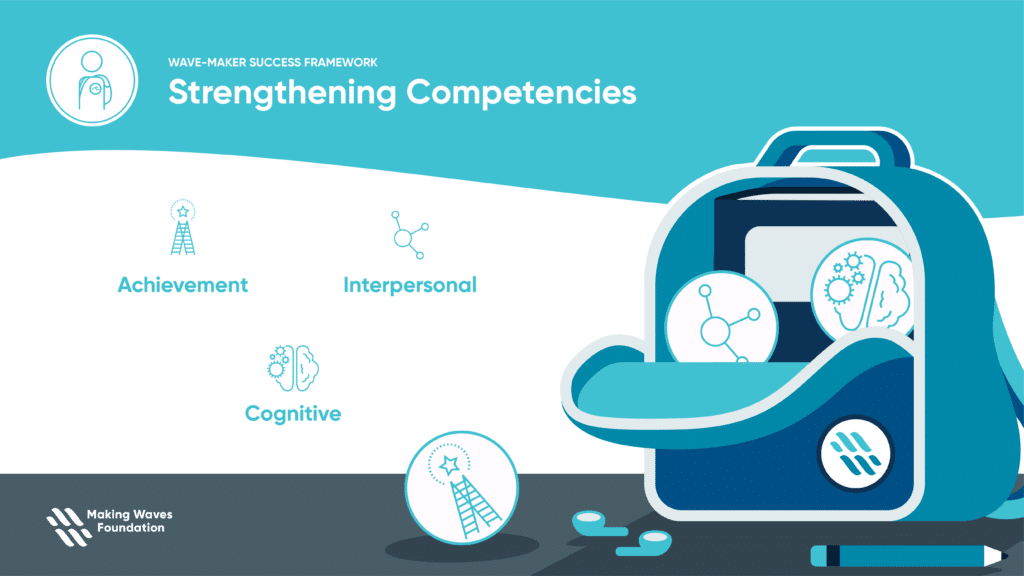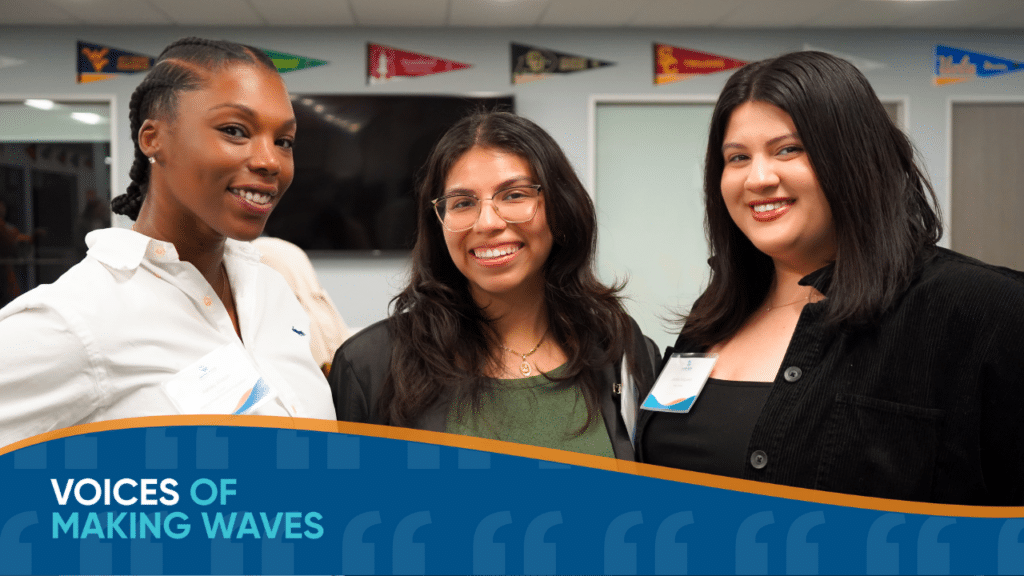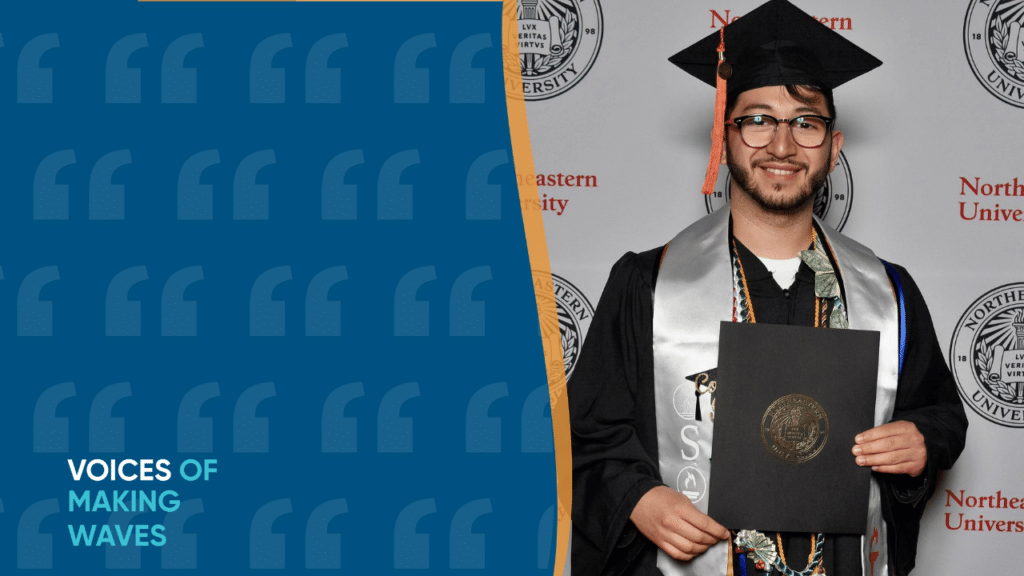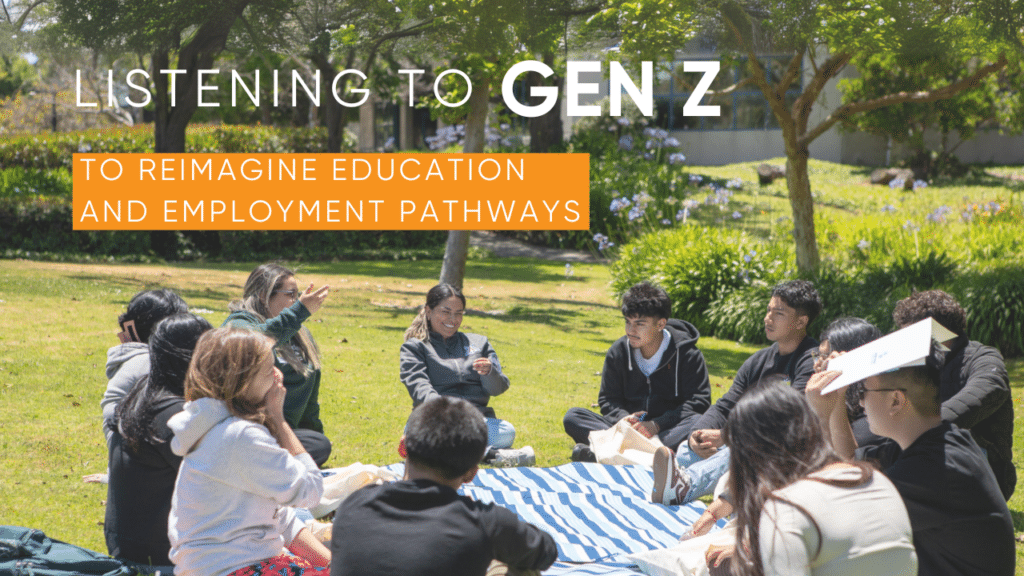
Strengthening Competencies: Cognitive

For independent thinking and application of knowledge
Creativity
Thinking of new solutions; perceiving the world in new ways, finding hidden patterns, making connections between seemingly unrelated things
Creativity is often thought of as a talent that only some people possess. But the reality is that creativity is a skill that can be cultivated and developed. And there are many benefits to being creative, including improved problem-solving skills, enhanced critical thinking, and greater mental flexibility.
Why creativity matters
1. Improved problem-solving skills
One of the most important benefits of being creative is that it can help you solve problems more effectively. When you approach problems from a creative perspective, you’re more likely to come up with innovative solutions that other people might not think of. And this can be extremely helpful in both your personal and professional life.
2. Enhanced critical thinking
Creativity also enhances your critical thinking skills. This means that you’re better able to analyze and evaluate information and make sound judgments. This is because creative thinking requires you to look at things from different angles and consider all possibilities before making a decision.
3. Greater mental flexibility
Creativity also leads to greater mental flexibility. This means that you’re better able to adapt to change and deal with unexpected challenges. When you’re used to approaching things from a creative perspective, you’re more likely to be open-minded and flexible in your thinking – which can be a great asset in today’s ever-changing world.
How can I be more creative?
If you’re not naturally creative, don’t worry – there are plenty of things you can do to increase your creativity. One of the best things you can do is to simply give yourself time and space to be creative. This means setting aside some time each day (or week) to do something that requires creative thinking, like painting, writing, or working on a puzzle.
Additionally, it’s helpful to expose yourself to new experiences and different points of view. This could mean traveling to new places, reading books by authors from different cultures, or listening to music from genres you don’t usually listen to. By exposing yourself to new things, you’ll open up your mind and increase your chances of having those “ah-ha!” moments that lead to great ideas.
Critical Thinking and Problem-Solving
Careful consideration based on synthesized evidence, directed to a goal
In today’s rapidly changing world, it’s more important than ever for students to develop strong critical thinking and problem-solving skills. With the vast amount of information available at our fingertips, it’s easy to get overwhelmed and lost in a sea of data.
That’s why it’s essential to be able to think critically and solve problems efficiently.
What is critical thinking?
Critical thinking is the ability to analyze information and make decisions based on evidence, not emotions. When you’re able to think critically, you’re able to look at a situation from all angles and make the best decision possible.
Critical thinking skills allow you to assess a situation and make an informed decision. This is especially important in the business world, where decisions often have to be made quickly and with limited information.
What is problem-solving?
Problem-solving is a critical thinking process that involves finding the best solution to a problem given the constraints that are present. When you’re confronted with a problem, it’s important to take the time to consider all of the possible solutions before making a decision.
Problem-solving skills are also essential in both personal and professional life. We all face challenges and obstacles, and being able to effectively solve problems can make a big difference in our ability to overcome these challenges.
Here are some tips on how you can improve your critical thinking and problem-solving skills:
1. Understand the problem
The first step to solving any problem is to understand what the problem is. This may seem like a no-brainer, but many people try to solve problems without fully understanding them. In order to understand the problem, you need to be able to identify the main issue, as well as any contributing factors. Once you have a clear understanding of the problem, you can start brainstorming possible solutions.
2. Brainstorm possible solutions
Once you have identified the problem, it is time to start brainstorming possible solutions. It is important to come up with as many possible solutions as you can. The more options you have, the greater chance you have of finding an effective solution. After you have brainstormed a list of possible solutions, you can start evaluating each option.
3. Evaluate each option
Once you have a list of possible solutions, it is time to evaluate each option. When evaluating each option, it is important to consider the pros and cons of each solution. You also need to consider how likely each solution is to be successful. After carefully considering all of the options, you can decide which solution is best suited for the problem at hand.
4. Implement the solution
After you have selected a solution, it is time to implement it. This involves putting the plan into action and seeing if it works. If the solution is not successful, then you will need to go back to step three and try another option.
Critical thinking and problem-solving skills are important for success in high school and beyond. By following the steps outlined above, you can improve your critical thinking and problem-solving skills and become better equipped to handle whatever challenges come your way.
Curiosity
Wanting to know more
As a high school student, you’re at an exciting stage of your life where you’re discovering new things about yourself and the world around you. One of the most important traits you can develop during this time is curiosity. Curiosity is the desire to learn or know more about something, and it’s an incredibly valuable quality that can help you in many aspects of your life. In this post, we’ll explore why curiosity is important and ways you can practice curiosity throughout your life.
Why is curiosity important?
Curiosity is important because it drives learning. When you’re curious about something, you’re motivated to explore it further and learn more. This can lead to greater knowledge, understanding, and creativity. Additionally, curiosity can help you develop critical thinking skills, as you’re more likely to question assumptions and explore multiple perspectives. Curiosity can also help you develop empathy and compassion, as you seek to understand the perspectives and experiences of others.
Ways to practice curiosity:
Ask questions
One of the simplest ways to practice curiosity is to ask questions. Whenever you encounter something new or interesting, ask questions to learn more. This can be as simple as asking a teacher about a topic you’re studying, or as complex as researching a topic on your own.
Explore new things
Another way to practice curiosity is to explore new things. This can be as simple as trying a new food or as complex as traveling to a new country. By exploring new things, you’ll expose yourself to new ideas, experiences, and perspectives.
Embrace failure
Curiosity often involves taking risks and trying new things, which can sometimes lead to failure. However, failure can also be an opportunity to learn and grow. By embracing failure and viewing it as a learning experience, you’ll be more willing to take risks and explore new things.
Read widely
Reading is a great way to practice curiosity, as it exposes you to new ideas, perspectives, and experiences. Try to read widely, including fiction, non-fiction, and news articles. You might also consider joining a book club or starting a reading group with friends.
Engage with others
Finally, engaging with others is a great way to practice curiosity. Seek out people with different backgrounds, experiences, and perspectives, and ask them questions to learn more about their lives. This can help you develop empathy and understanding, and can also lead to new friendships and connections.
In conclusion, curiosity is an incredibly valuable trait that can help you in many aspects of your life. By practicing curiosity, you’ll be more motivated to learn, develop critical thinking skills, and cultivate empathy and understanding.
So keep asking questions, exploring new things, and engaging with others, and you’ll be on your way to a more curious and fulfilling life!
Decision-Making
Evaluating options and making deliberate and thoughtful choices
Every day, we are faced with a multitude of choices. Some of these choices are small and inconsequential, like what to wear or what to eat for breakfast. Others are more significant, like which classes to take or which extracurricular activities to pursue. And still others are major life decisions, like where to go to college or what career to pursue.
How to make good decisions
There is no one-size-fits-all answer when it comes to making good decisions. However, there are some general principles that can guide you in making sound decisions. Here are a few things to keep in mind:
1. Define your goals and objectives
What are you trying to achieve? What is your end goal? Clarifying your goals will help you narrow your focus and make better decisions.
2. Consider the short-term and long-term consequences of your decision
Will this choice help you achieve your goals? What ripple effects will this choice have down the road? Weighing the pros and cons will help you make a more informed decision.
3. Get input from others
Talk to people who have experience with the issue at hand or who have knowledge that you lack. Hearing different perspectives can help you see the situation from a new angle and make a better decision as a result.
4. Trust your intuition
Sometimes, despite all the planning and deliberation, you just have to go with your gut feeling.
5. Be prepared to adjust course
Even if you’ve made what you believe is a good decision, be prepared for the possibility that things may not go as planned. Sometimes, the best laid plans go awry, and that’s okay. Be flexible and be willing t o adapt as needed.
Making good decisions is an important skill that will serve you well throughout your life . There is no one-size-fits-all answer when it comes t o making good decisions, but there are some general principles that can guide you in the right direction . Keep these things in mind next time you need to make a decision: define your goals, consider short-term and long-term consequences, get input from others, trust your intuition, and be prepared to adjust course if necessary. With these guidelines in mind, you’ll be on your way to making great decisions in no time!
Intellectual Humility
Recognizing the limitations of your knowledge
In today’s world, it’s easy to get caught up in thinking that we know everything. With the internet at our fingertips, we can find the answer to just about any question we have in a matter of seconds. While having instant access to information is a wonderful thing, it can also lead us to think that we’re always right and that we know more than anyone else. This is where intellectual humility comes in.
Intellectual humility is the recognition of the limitations of your own knowledge and the ability to be open to new ideas and perspectives.
Intellectual humility is the recognition of the limitations of your knowledge. It’s the acknowledgement that there are things you don’t know and that you can’t know everything. This may sound like a no-brainer, but it’s actually quite difficult to practice. We all like to think of ourselves as smart, competent people who are always right. Admitting that we don’t know something can be seen as a weakness.
However, intellectual humility is a strength, not a weakness. It allows us to be open to new ideas and perspectives. It allows us to grow and learn. And it allows us to build better relationships with others. When we can admit that we don’t know everything, we create space for dialogue and collaboration.
So how can you become more intellectually humble? Here are a few suggestions:
1. Be curious
Approach the world with a sense of wonderment and curiosity. Be open to learning new things, even if they challenge your existing beliefs.
2. Listen more than you talk
When you’re in conversation with others, really listen to what they’re saying. Don’t just wait for your turn to speak. Try to understand their perspective, even if you don’t agree with it.
3. Seek out different opinions
Make a deliberate effort to read or listen to news sources that have different political leanings than your own. Be open to hearing other points of view, even if you don’t agree with them.
4. Admit when you’re wrong
We all make mistakes—the key is to admit when we’re wrong and learn from our mistakes. Next time you find yourself in an argument with someone, see if you can find common ground instead of digging your heels in and trying to prove that you’re right.
Intellectual humility is an important character trait that we should all strive for. It allows us to be open-minded, curious, and receptive to new ideas. It helps us build better relationships with others, and it makes us better learners. So next time someone challenges your beliefs, instead of getting defensive, try getting curious. You might just learn something new.
Judgement
Evaluating options and making deliberate and thoughtful choices
Every day, we are faced with choices. Some of these choices are small and inconsequential, like what to wear or what to eat for breakfast. Other choices are more significant, like which college to attend or whether or not to pursue a certain career path. No matter what the stakes are, each choice we make is an opportunity to exercise our judgment.
Judgment is the ability to evaluate options and make deliberate, thoughtful choices. It is a skill that we can all learn and improve with practice. Good judgment comes from taking the time to gather information, considering all sides of an issue, and thinking about the potential consequences of our actions.
When we exercise good judgment, we make decisions that reflect our values and that are in line with our goals. We also become better problem-solvers and more efficient decision-makers. As we get better at judging, we gain confidence in our abilities and become better equipped to handle whatever life throws our way.
How to improve your judgment
1. Be patient
Rushing into a decision without taking the time to gather information and think things through is a recipe for disaster. When you’re feeling pressure to make a quick decision, take a step back and remind yourself that it’s okay to take your time.
2. Be open-minded
It’s important to consider all sides of an issue before making a judgment. This doesn’t mean that you have to agree with everything, but it does mean being open to hearing different perspectives and giving them fair consideration.
3. Be honest with yourself
When you’re making a judgment, it’s important to be honest about your own biases and motivations. If you can’t be honest with yourself, you won’t be able to make an objective judgment.
4 . Practice
The more you practice making judgments, the better you’ll get at it. So next time you’re faced with a choice, big or small, take a few minutes to think things through before making your decision.
The next time you’re faced with a choice, big or small, remember the power of judgment—the ability to evaluate options and make deliberate, thoughtful decisions. By taking the time to gather information, considering all sides of an issue, and thinking about the potential consequences of our actions, we can make decisions that reflect our values and that are in line with our goals.
With practice, anyone can improve their judgment skills and become better equipped to handle whatever life throws their way!
Co-authored with AI
Making Waves Education Foundation generated this text in part with artificial intelligence. Content has been reviewed, edited, and revised to our organization’s liking and we take ultimate responsibility for the content of this publication.
About Making Waves Education Foundation
At Making Waves, we are committed to educational equity. Making Waves Education Foundation is a Bay Area nonprofit that supports Making Waves Academy – a public charter school with more than 1,100 5th through 12th grade students – and leads college and career programming with more than 430 college students.
Knowing the opportunities that come with a college degree, we partner with historically underrepresented and underserved students to help make college affordable and graduation attainable. Centering the journeys of our students, our personalized approach includes college and career coaching, scholarships, and financial planning.
Our alumni network includes more than 730 college graduates, who earn their degrees and land jobs at more than twice the rate of their first-generation, low-income peers, with 85% graduating debt-free.







